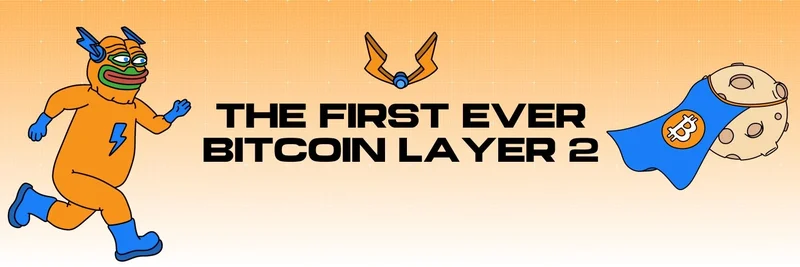In a recent episode of the "When Shift Happens" podcast, host Kevin (@KevinWSHPod) engaged in a thought-provoking discussion with Cyrus Fazel (@Cyrus_Fazel) about the true nature of cryptocurrency. Despite the prevalent view that crypto is often a "scam sold by dream sellers," Fazel offers a compelling counter-narrative, emphasizing its potential as a tool for liberation and a shift towards a more meritocratic system.
The Promise of Crypto Beyond Scams
Cyrus Fazel's perspective is deeply personal and rooted in the transformative potential of blockchain technology. He argues that crypto is not just about financial gains but about reshaping societal structures. Fazel envisions a future where individuals, like Uber drivers, can become validators and stakeholders in the system, rather than mere cogs in a corporate machine. This vision is encapsulated in the tweet:
"Why is Crypto such a gift - despite so many thinking it's a SCAM? For @Cyrus_Fazel, it's personal - it's not just about blockchain or decentralization - it's about liberation. He believes in a future where an Uber driver isn't just a cog in a billion-dollar app, but a validator, a stakeholder. Where your grandkid won’t ask why you gave away your digital soul for 2% of your YouTube earnings. That’s the promise of crypto: not a scam, but a system shift toward meritocracy and ownership." — KevinWSHPod
Crypto as a Tool for Liberation
Fazel's argument hinges on the idea that crypto can liberate individuals from the constraints of traditional financial systems. He points out that in the current digital landscape, many are "enslaved" by big companies, receiving minimal returns for their contributions. For instance, content creators on platforms like YouTube often earn only a small percentage of the revenue generated by their work. Crypto, according to Fazel, offers a borderless, transparent system where anyone can participate and benefit.
This perspective is particularly resonant in the context of Web3, where decentralized technologies aim to redistribute power and wealth. Fazel's vision aligns with the broader narrative of crypto as a means to empower individuals, allowing them to retain ownership and control over their digital assets.
Meritocracy and Ownership
One of the key themes in Fazel's discussion is the concept of meritocracy. He believes that crypto can create a system where success is determined by merit rather than by traditional hierarchical structures. This is a significant departure from the current state of affairs, where large corporations often dominate and dictate terms.
Fazel's example of an Uber driver becoming a validator illustrates this point. In a crypto-driven future, individuals could leverage their skills and contributions to gain a stake in the system, rather than being perpetually at the mercy of corporate entities. This shift towards ownership and meritocracy is what Fazel sees as the true gift of crypto.
Addressing Misconceptions
Despite the transformative potential, crypto is often marred by misconceptions, primarily the notion that it is a scam. Fazel acknowledges this perception but argues that it stems from a misunderstanding of the technology's broader implications. He suggests that the focus should be on the underlying technology and its capacity to foster a more equitable system, rather than on isolated instances of fraud.
The podcast episode delves into these misconceptions, providing a nuanced view that challenges the simplistic narrative of crypto as a scam. Fazel's insights are particularly valuable for those in the blockchain space, offering a deeper understanding of the technology's potential beyond financial speculation.
Implications for the Future
Fazel's vision for crypto is not just theoretical; it has practical implications for the future of work, finance, and society. By enabling individuals to become stakeholders, crypto can democratize access to economic opportunities. This is especially relevant in an era where traditional employment models are being disrupted, and new forms of work and value creation are emerging.
For blockchain practitioners and enthusiasts, Fazel's perspective is a reminder of the technology's potential to drive systemic change. It underscores the importance of focusing on the broader societal impact of crypto, rather than getting caught up in short-term gains or losses.
Conclusion
Cyrus Fazel's discussion on the "When Shift Happens" podcast offers a refreshing take on the role of crypto in society. By framing it as a gift of liberation and meritocracy, he challenges the prevailing narrative and highlights its potential to transform lives. For those in the crypto space, this perspective is a call to action to focus on the technology's broader implications and work towards a future where individuals can truly own and control their digital destinies.
As the crypto landscape continues to evolve, conversations like these are crucial for shaping a more informed and inclusive understanding of its potential. Fazel's insights are a testament to the power of blockchain technology to redefine our relationship with money, work, and ownership.




